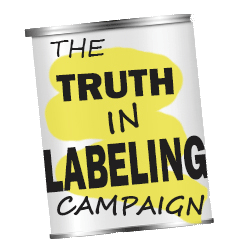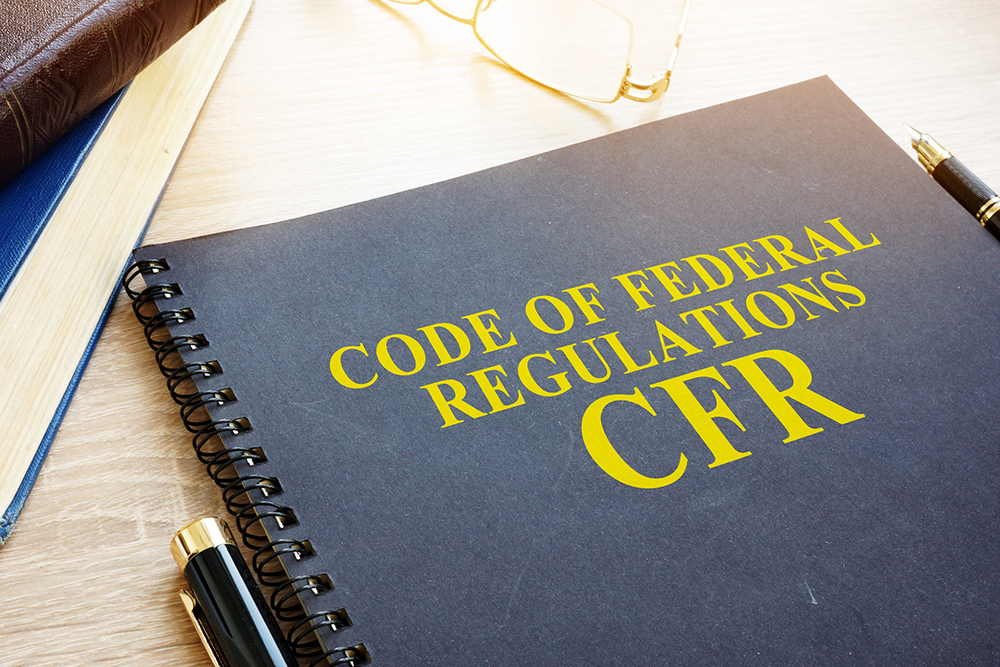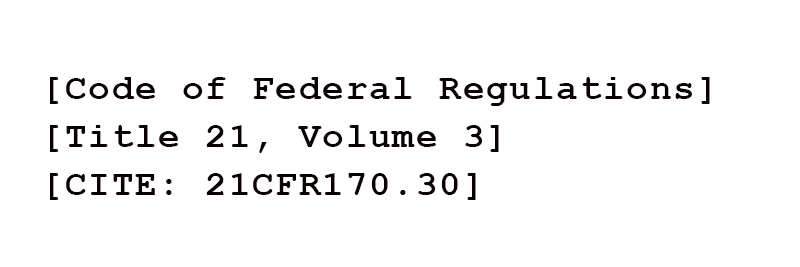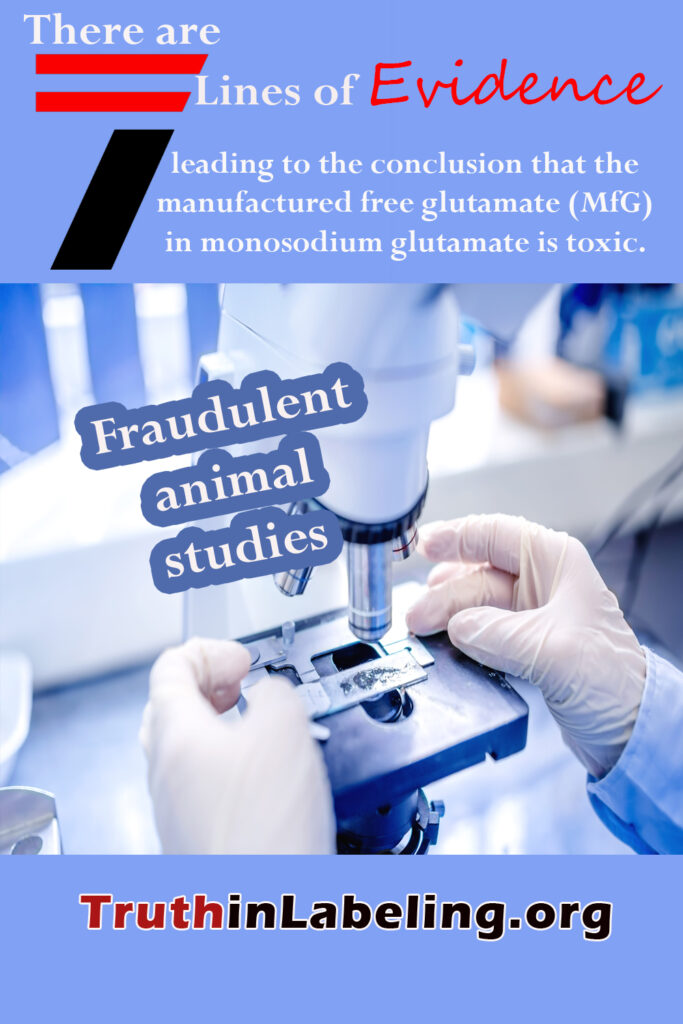MSG is a flavor-enhancing additive used in so many processed foods you probably couldn’t count them all.
No doubt you’ve read that it is perfectly “safe,” only causing transient adverse reactions in a small set of people sensitive to it.
The Truth in Labeling Campaign, independent scientists and journalists (not on the glutamate payroll) will tell you a different story, how MSG and other sources of free glutamate can trigger adverse reactions ranging from simple skin rash to migraine headache, heart irregularities, seizures and anaphylactic shock.
However, no one — even those in the glutamate industry — can say that ingestion of MSG doesn’t cause adverse reactions. Despite that, there is no restriction imposed by the FDA on use of either MSG or its toxic free glutamic acid component in foods or beverages.
But here’s the really interesting part — food scientists and neuroscientists are turning out study after study exploring the “protective effects” of various chemicals, dietary supplements and even foods to shield against monosodium glutamate-induced abnormalities. On January 30, 2022, there were 377 such studies listed by the National Library of Medicine. And all this research is going on while the FDA, along with those who profit from the manufacture and sale of MSG, claim that MSG is totally safe for use in food.
The FDA has been representing the interests of the glutamate industry since 1968 if not before. The Truth in Labeling Campaign has told that story many times. See: https://www.truthinlabeling.org/fda.html and, https://www.truthinlabeling.org/assets/manuscript2.pdf
There are laws that specify just what the FDA must do to proclaim an ingredient GRAS (generally recognized as safe), which is how it lists MSG. And in claiming that monosodium glutamate is GRAS, the FDA violates its own rules.
That little fact was revealed in a citizen petition filed by TLC co-founder Adrienne Samuels in January of 2021, requesting that monosodium glutamate and its toxic component have its GRAS status withdrawn. The FDA has yet to respond.
Adrienne also filed two other petitions related to MSG last year. Check out this page link to learn the details of them all. Even better, click on the link there that says “vote,” and leave your own comment at the FDA docket.




